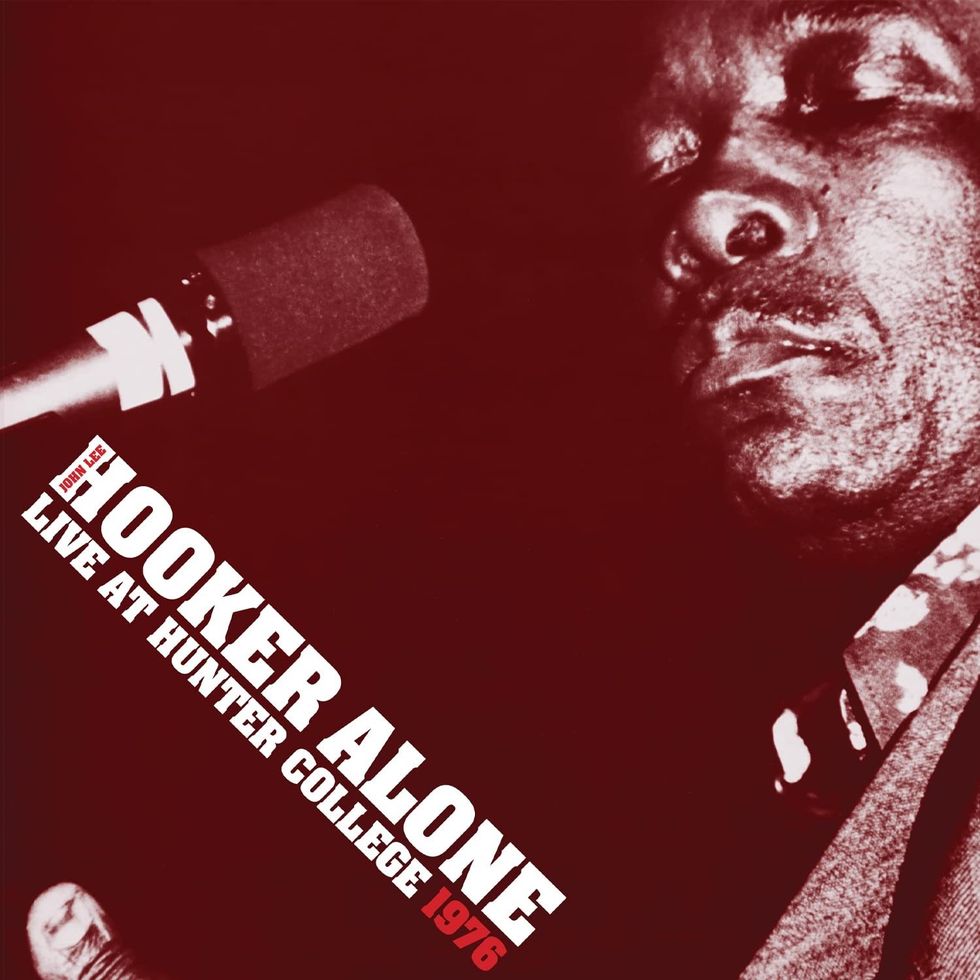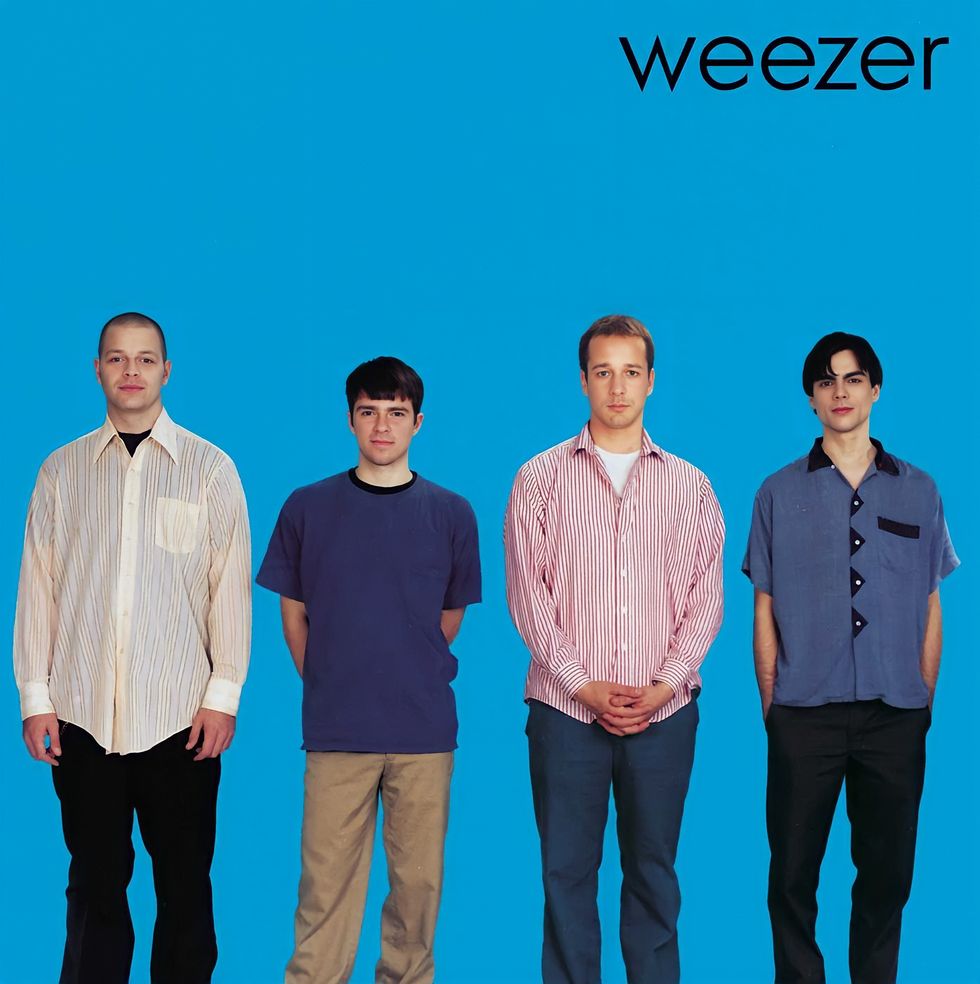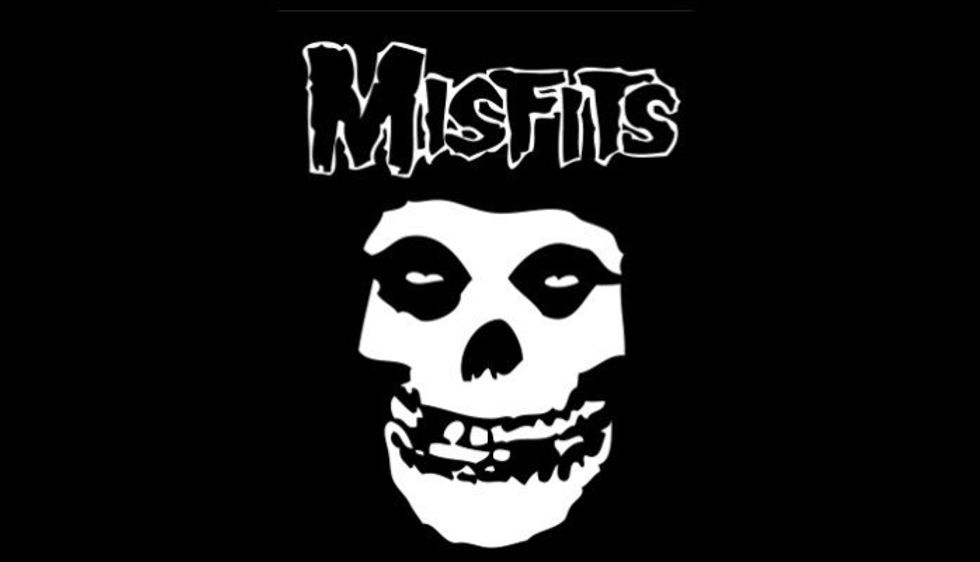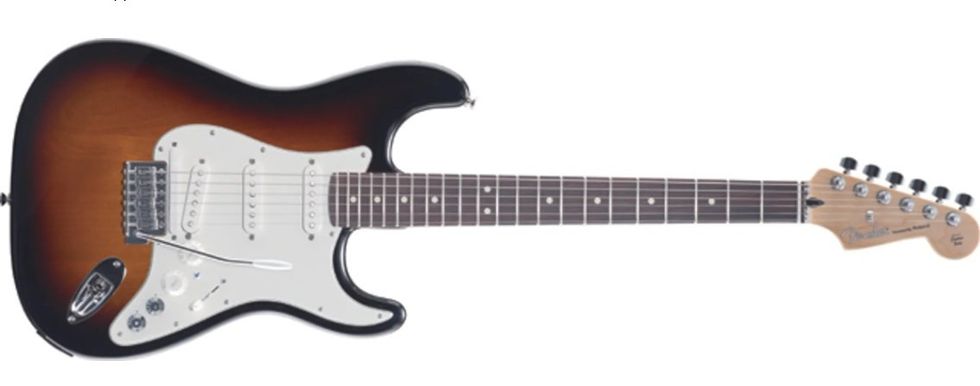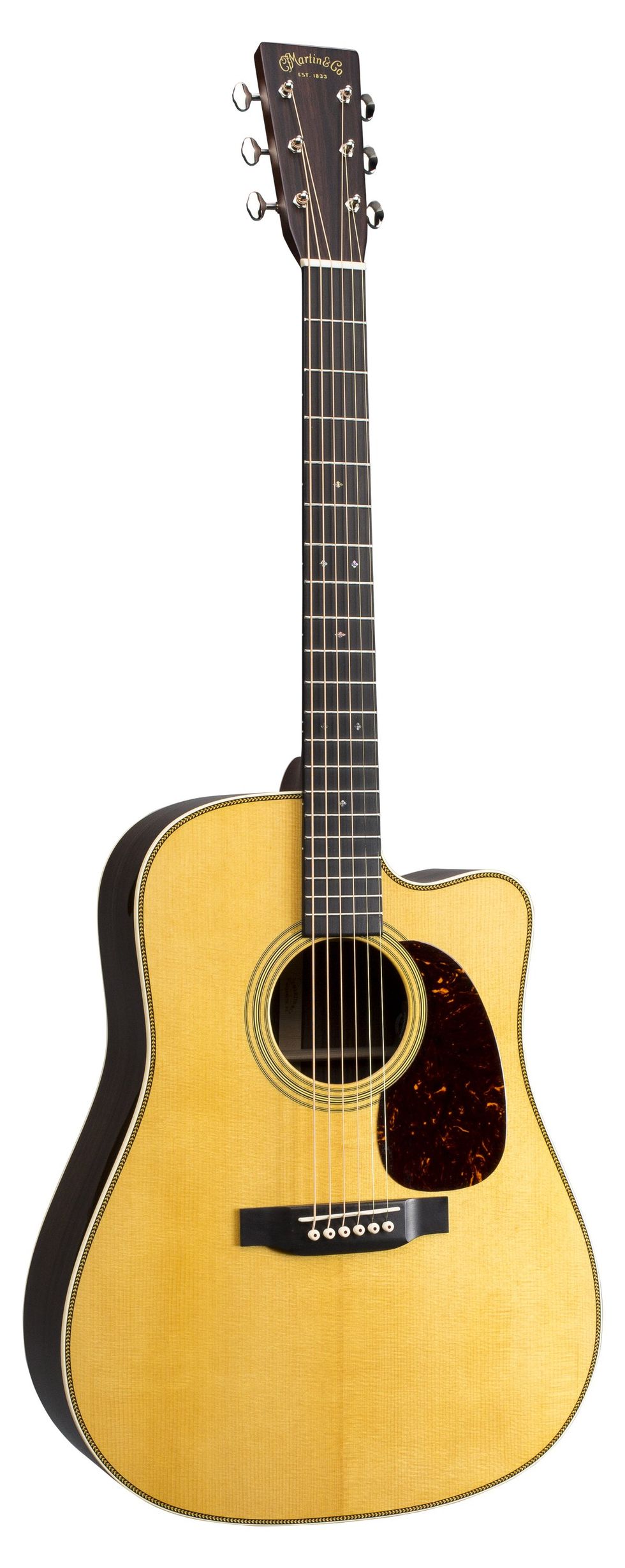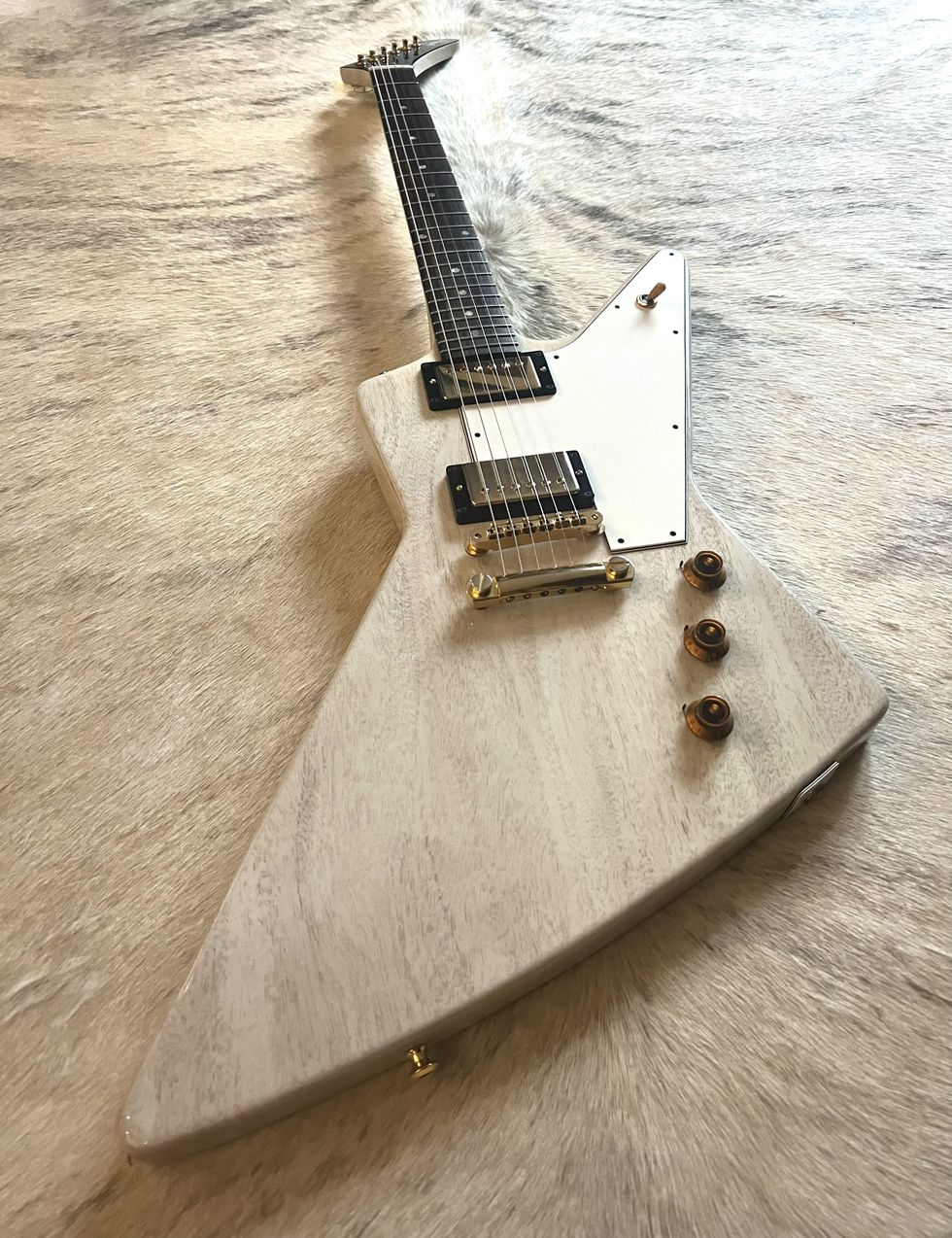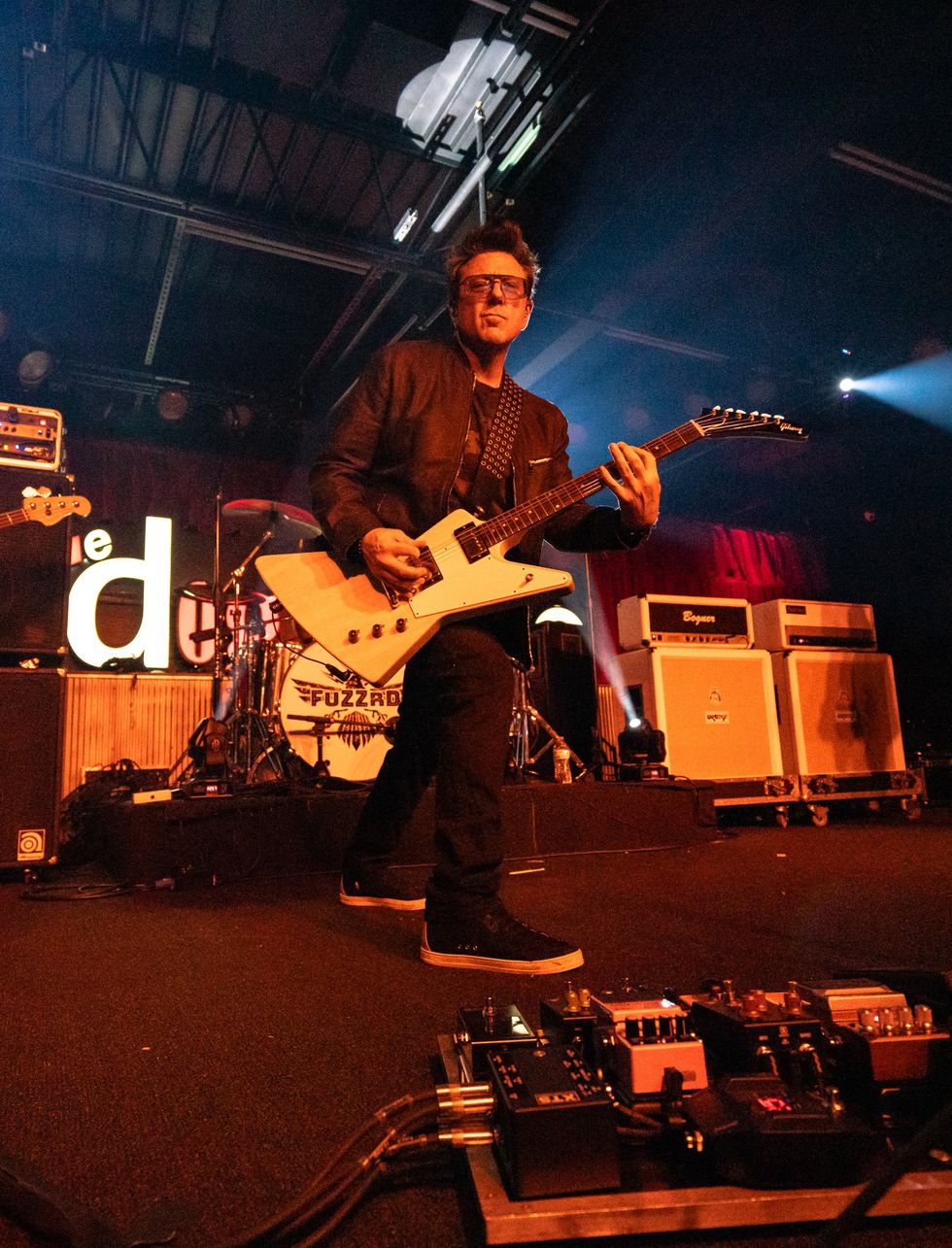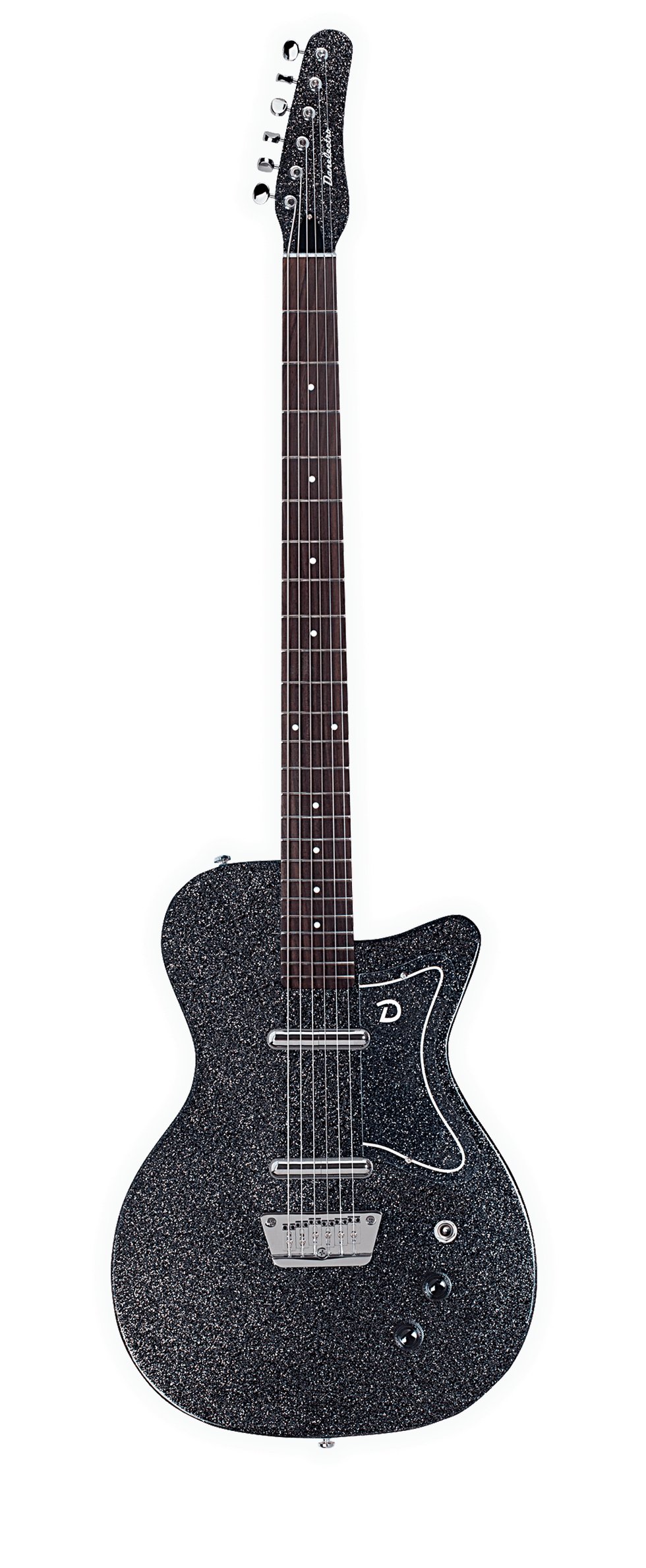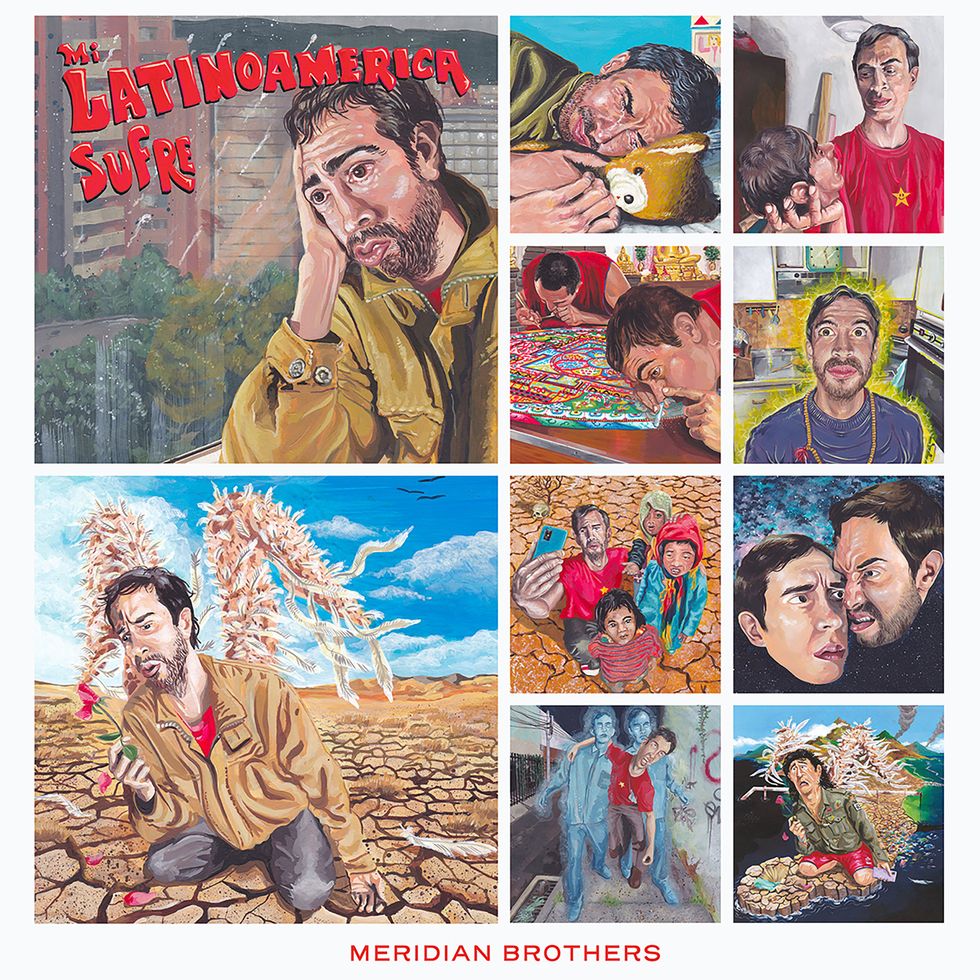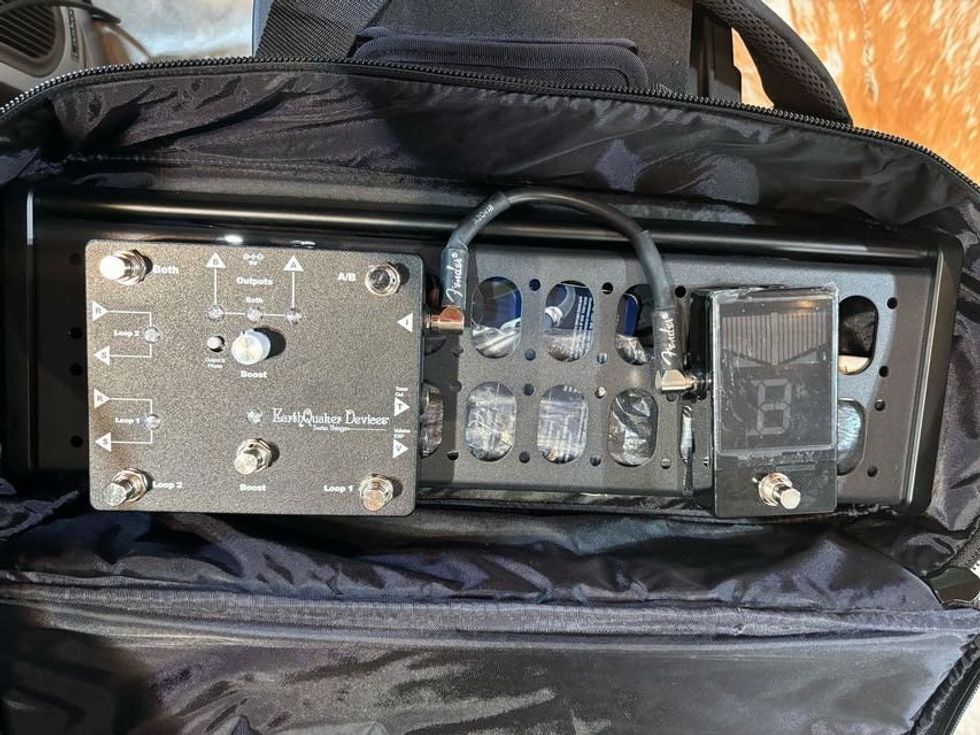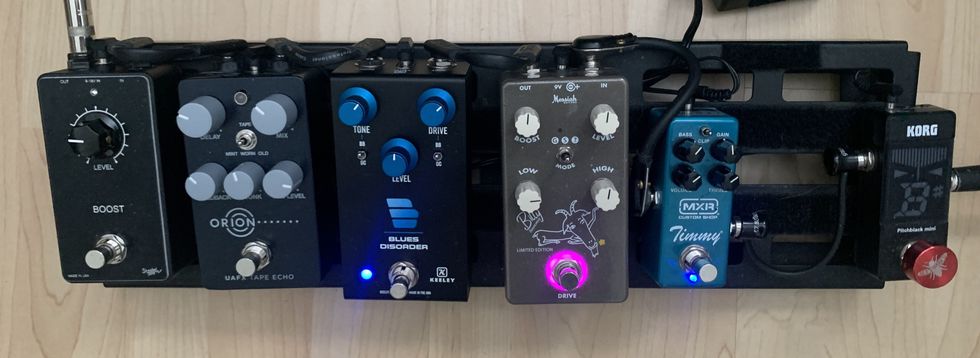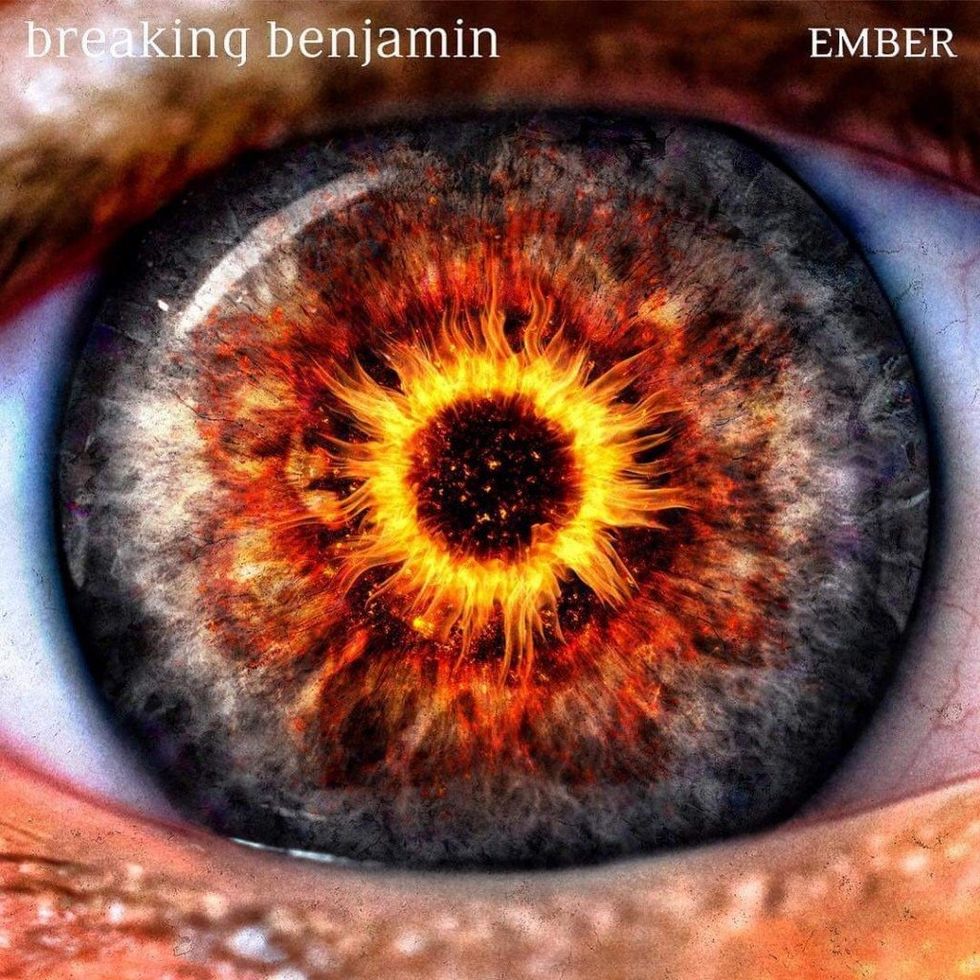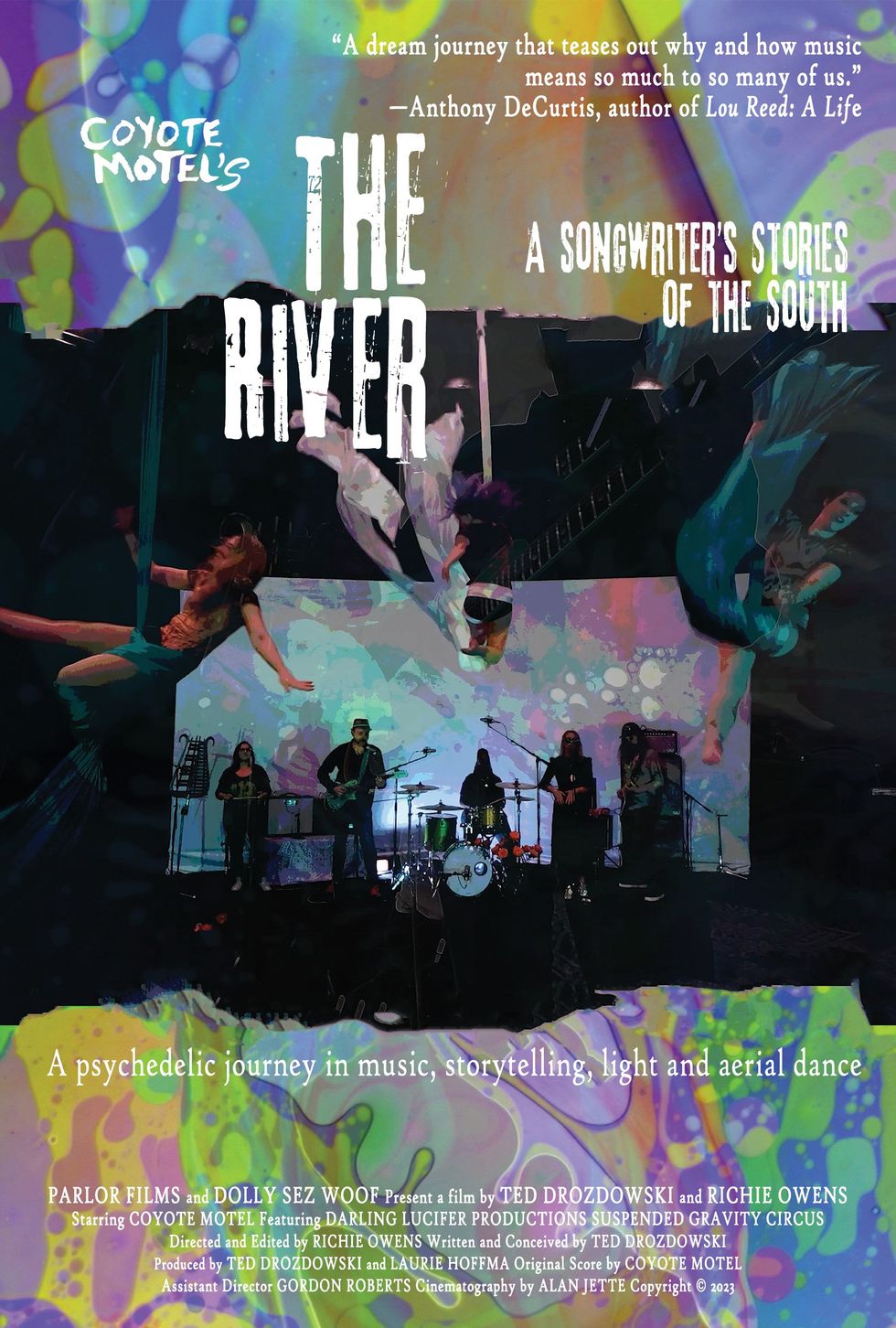Oliver Ackermann of A Place to Bury Strangers joins us in discussing the players we'd pick to portray if we got our chance on the big screen. Plus: musical obsessions!
Question: If you could play the role of any guitarist in a biopic, who would it be and why?
Oliver Ackermann — A Place to Bury Strangers

Photo by Tyler Barclay
A: If I could play anyone in a biopic it would be Kurt Cobain. I definitely don't qualify as the most obsessed fan of all time. That perhaps goes to the runaway I drove around in my '89 Caprice constantly requesting to rewind back to "Drain You" over and over again.

Kurt Cobain interviewed on Boston's WFNX radio, September 1991.
Photo by Julie Kramer
But Kurt for sure gave me the confidence that I could write a song and I just dove in and never looked back. I also think I could figure out those guitar parts, so there would be no weird miming to some complex solos. The real reason to do this, though, would be one of my favorite pastimes: jumping into drum sets.
Nirvana - Drain You (Live at Reading 1992) (Official Music Video)
Oliver Ackermann's Current Obsession:
Beyond-destroyed sounds. I guess that's always been my obsession, so it's more of a lifestyle. There's a little constant fight that goes on in my head where I think "this is just too messed up—what about pure fat sine waves, distinguishable rhythms, beautiful harmonies, and dreamy melodies?" And then when it comes down to it, it's just more exciting to swing a strobe light over your head and play a little AC interference. The other thing that's important is there ain't no faking. I better be drilling into my pickup or throwing my amp through the air. More high definition than surround sound 182 kHz is standing right next to me when I rip the strings off my guitar.
Sarah Gutierrez — Reader of the Month

A: Nancy Wilson. How could I miss the '70s and '80s—that's why!!! I grew up listening to Heart and being in a female fronted group would be a dream. I really loved her work on the movie Vanilla Sky. I remember frantically searching for who played, "Elevator Beat" in a movie that moved me. It certainly pulled at the heart strings.
Elevator Beat - Nancy Wilson
Sarah Gutierrez's Current Obsession:
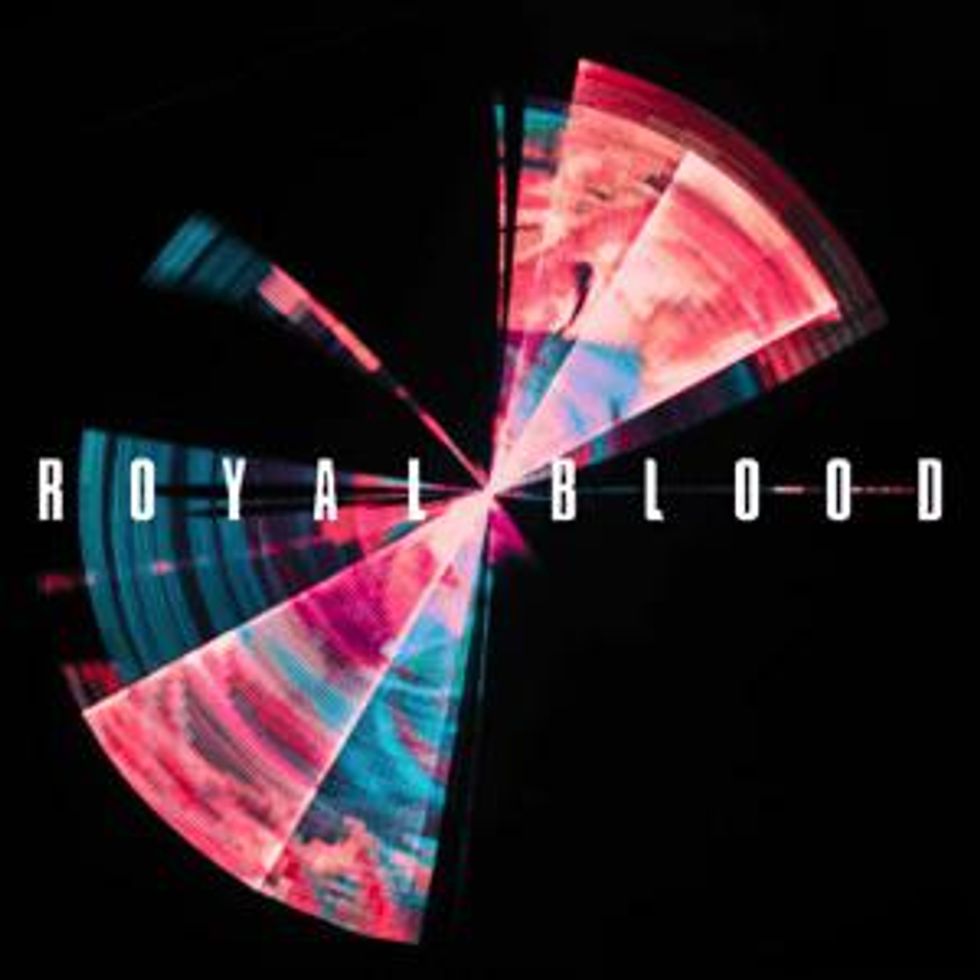
Royal Blood having Josh Homme as a producer for "Boilermaker" on Typhoons blew me away, along with Mike Kerr's riffs. Hometown & young self-produced "Drown." I love the drums! These boys from Gen Z really are the future of music. Des Rocs made my cry about following your dream when I saw them live in October. I love to turn up Cleopatrick as loudly and often as possible. Recently discovering Nothing but Thieves' self-titled album (heavily influenced by Jeff Buckley) gave me life—I'm thrilled to see them in Chicago next year.
Royal Blood - Boilermaker (Official Video)
Tessa Jeffers — Managing Editor

A: Kim Gordon. I'm not much into Sonic Youth, but I love Kim's solo stuff. She's a great bass player, and her guitar playing is raw and powerful (just like her voice).
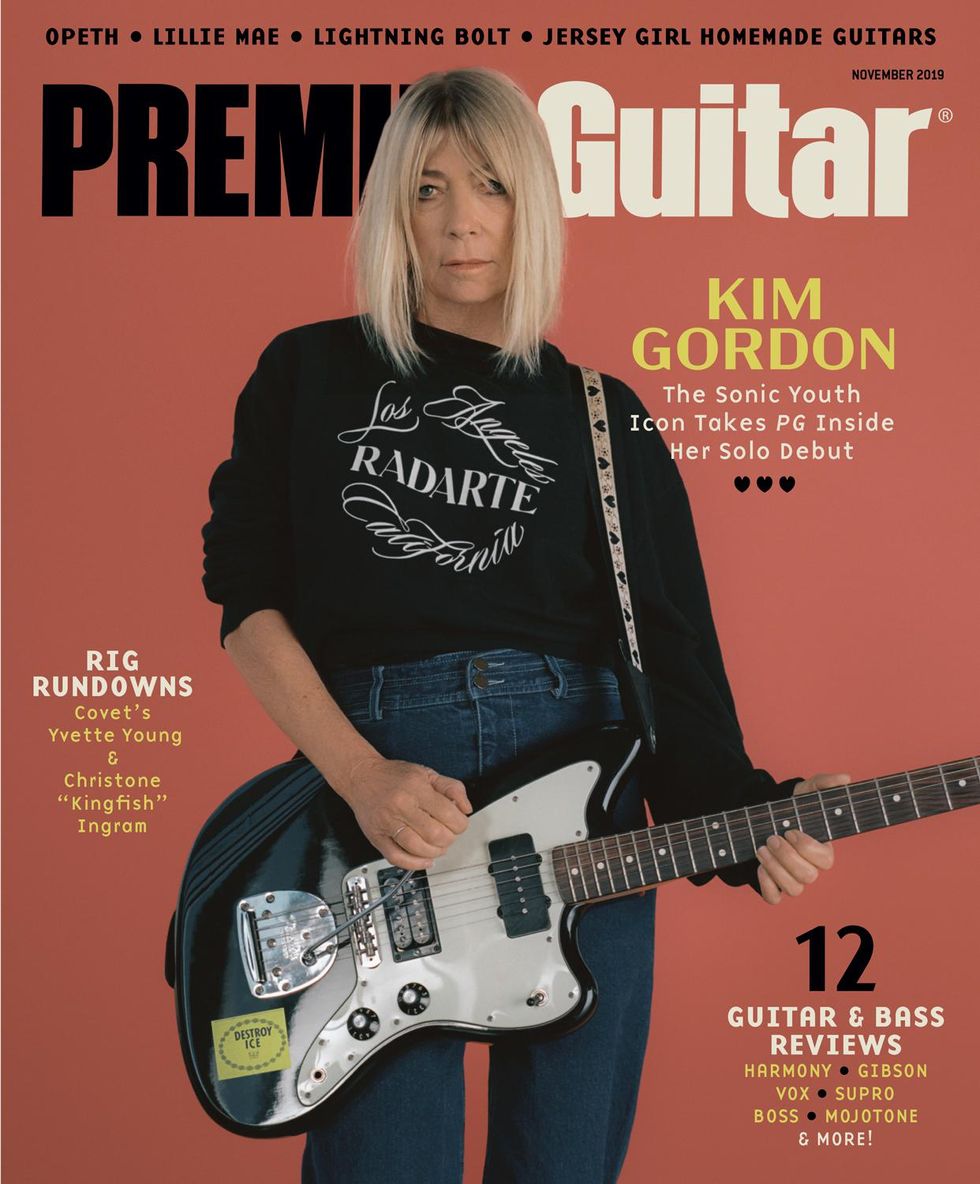
Years ago, I read her biography, Girl in a Band, and it's a wildly interesting look into an artful life. She's a bold creator who rose out of the shadows of men to claim her own space, and I'm here for that.
Tessa Jeffers' Current Obsession:
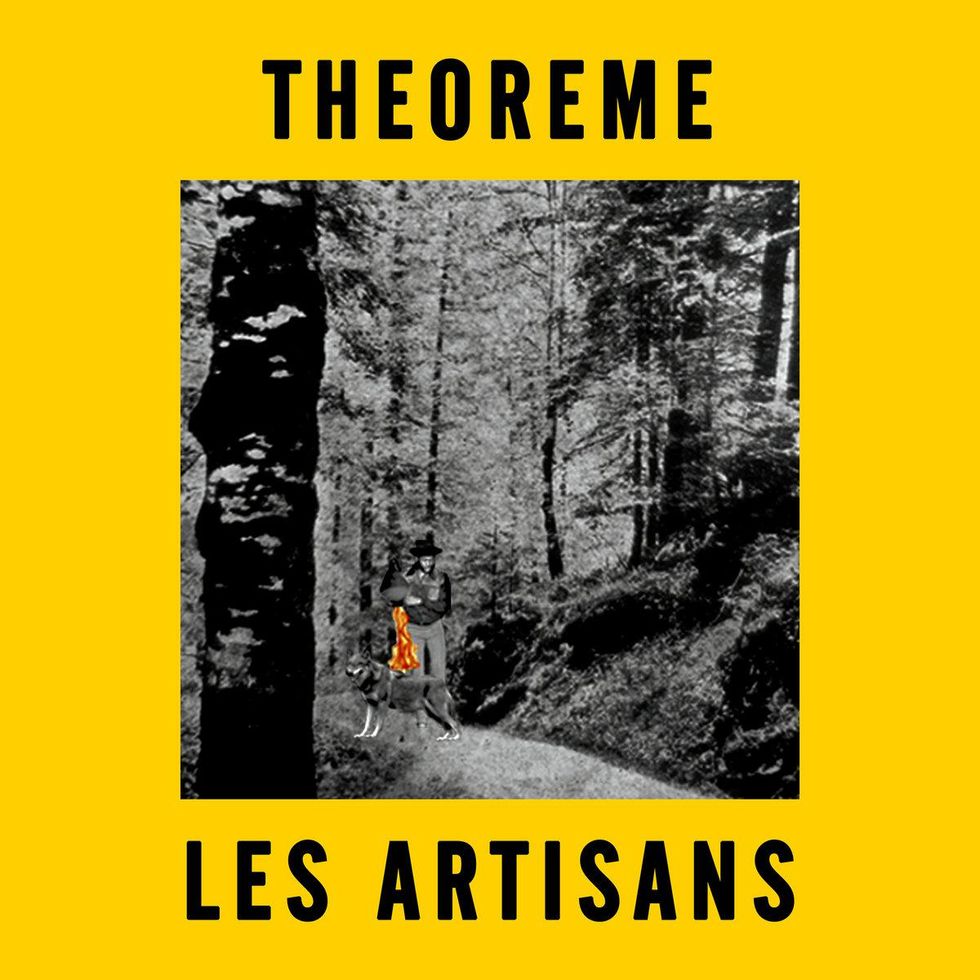
French music. Recently I came across a rad song by Les Artisans called "Theoreme," and it prompted me to seek out other French artists. I knew Edith Piaf and Savages well, but new ones for me include La Femme, Christine and the Queens, and Serge Gainsbourg, who's apparently the "Elvis of France." J'adore!
Theoreme - Les Artisans (audio)
Joe Gore — Contributing Writer
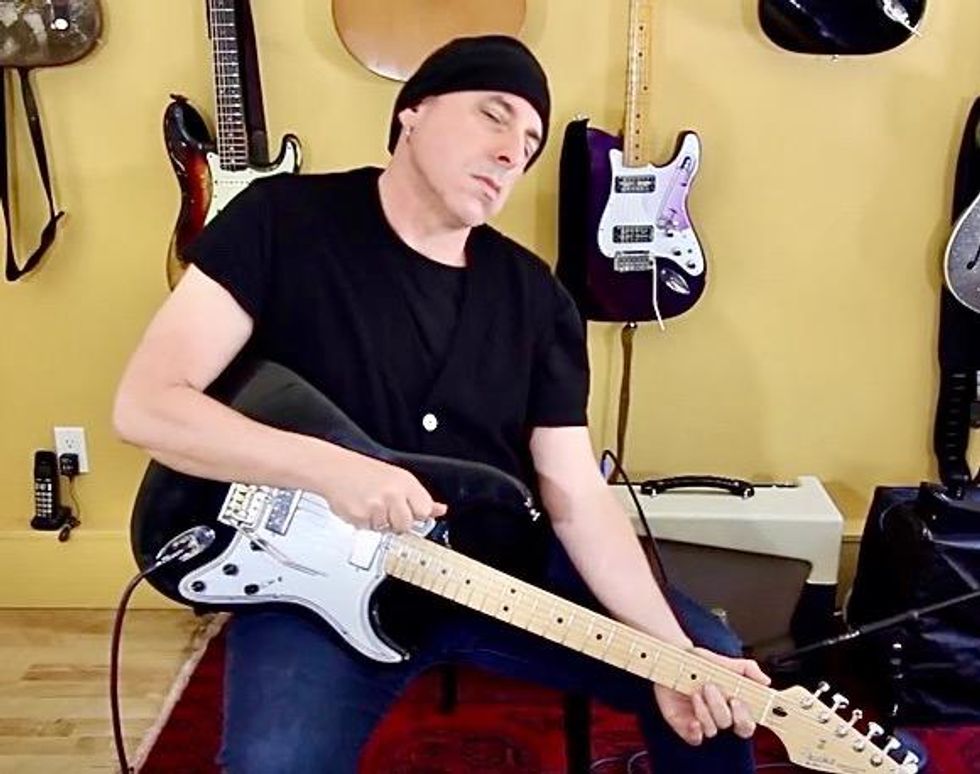
A: Hector Berlioz, the great 19th century French composer. Unlike nearly all classical composers, he didn't compose at a keyboard. He wrote everything on guitar and a little whistle—including his revolutionary Symphonie Fantastique and the massive opera Les Troyens. Despite his humble tools, he's considered one of the greatest orchestrators ever. (Sadly, he never composed for guitar—only with it.) But the fun part would be portraying his larger-than-life personality. Talk about attitude! He was ambitious, angry, arrogant, and unspeakably funny. His prose is as amazing as his compositions, especially his Mémoires, my fave book about classical music. (Free English-language edition here.) On page one he writes, "I was brought up in the Catholic faith—the most charming of religions since it stopped burning people." And the snark never stops.
Joe Gore's Current Obsession:
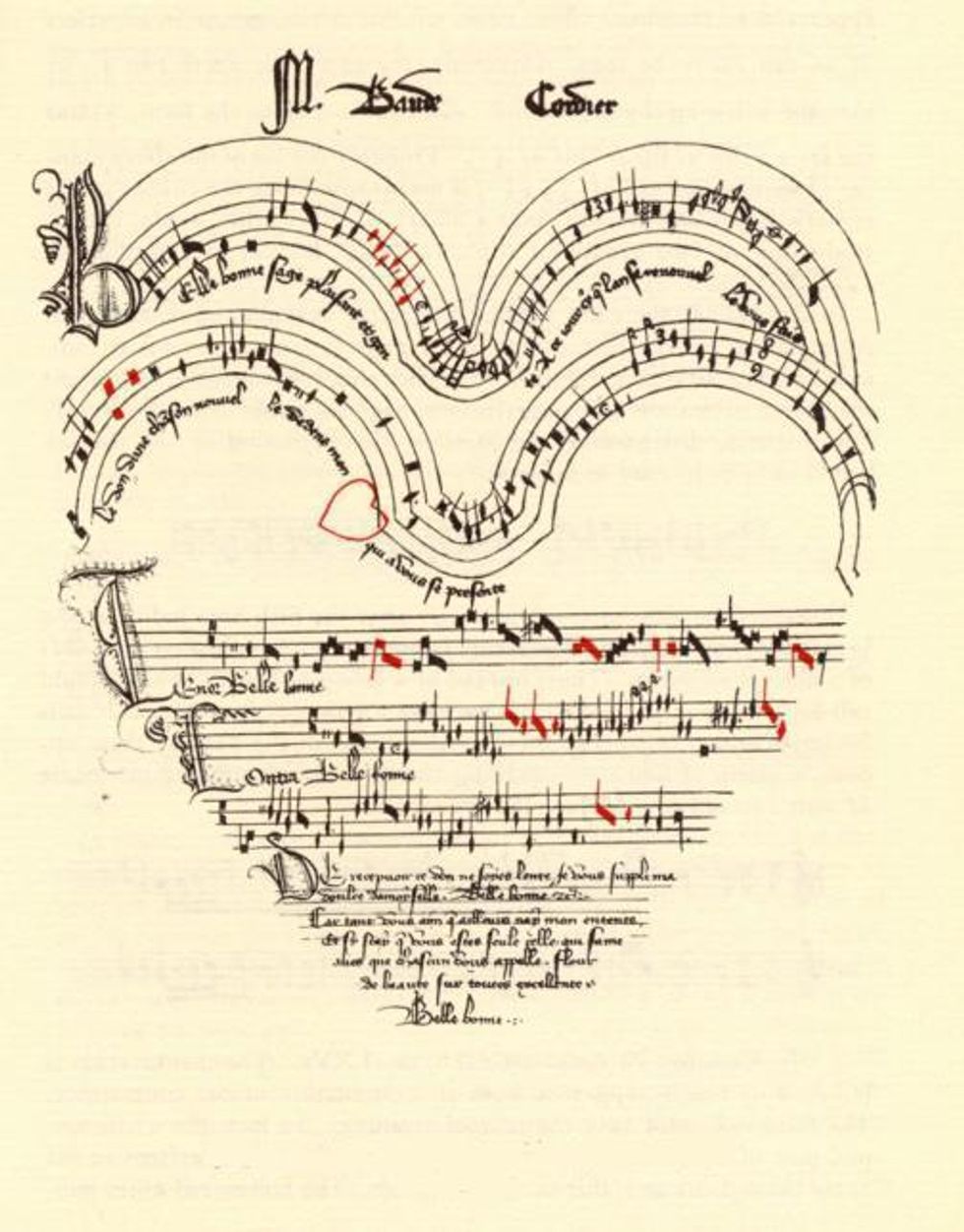
Baude Cordier's "Belle Bonne Sage," a 14th-century love song notated in the form of a heart.
Medieval music! When I was a teen, my plan was to go into academia, specializing in early music. Life decreed otherwise. But now, in late middle age, I'm returning to the late Middle Ages. I've just recorded my first-ever solo album: a compilation of 14th-century pieces. I play the notes exactly as written, but using modern instruments, including lots of electric guitar. To modern listeners unfamiliar with the style, it sounds like music from Mars: eerie, beautiful, and totally frickin' weird. (Example: This love song by Baude Cordier, notated in the form of a heart.)


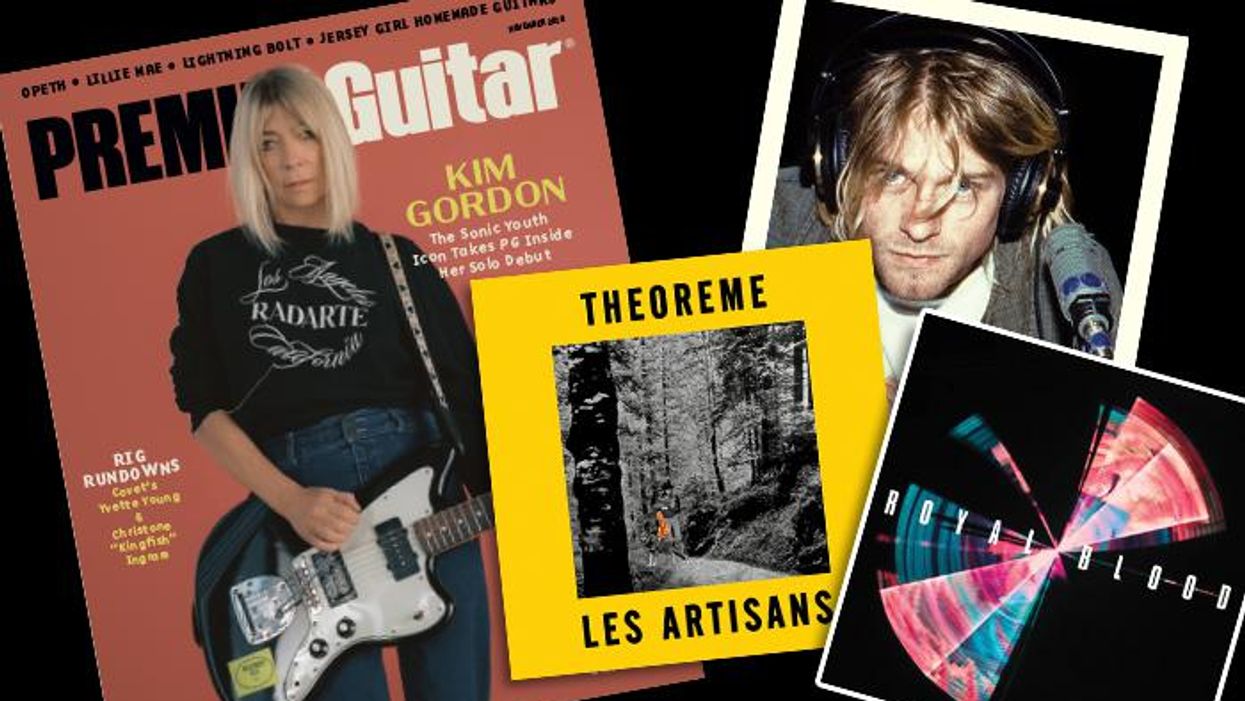
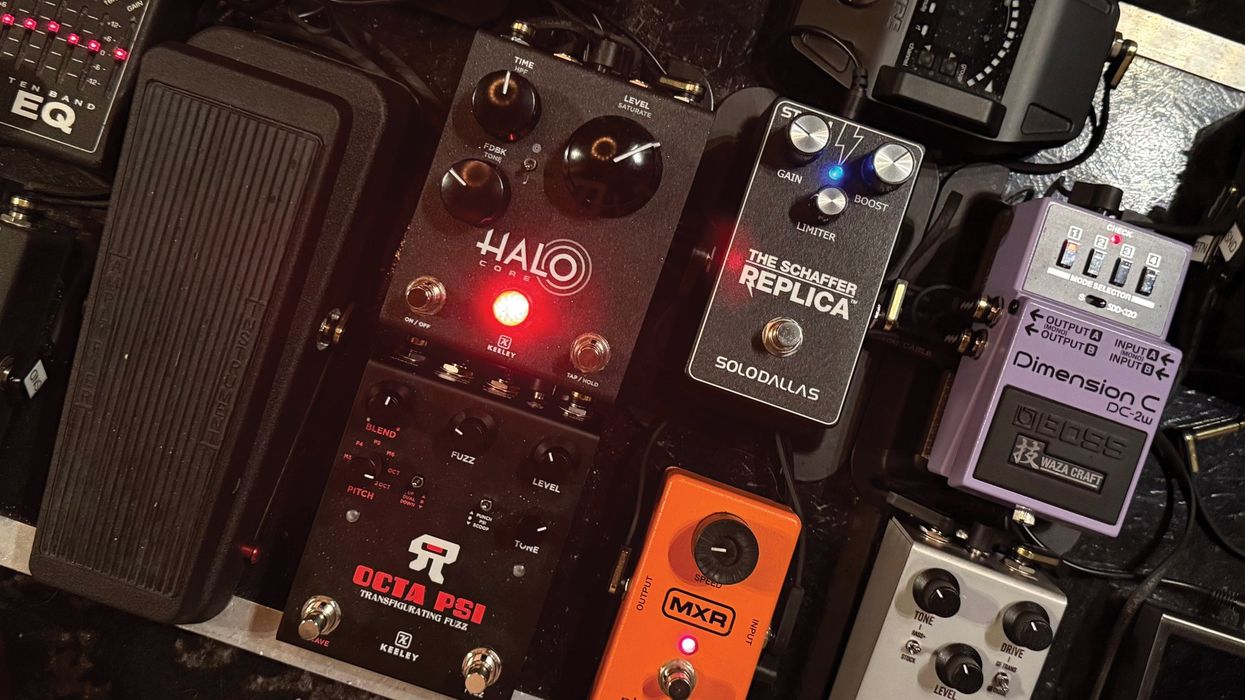





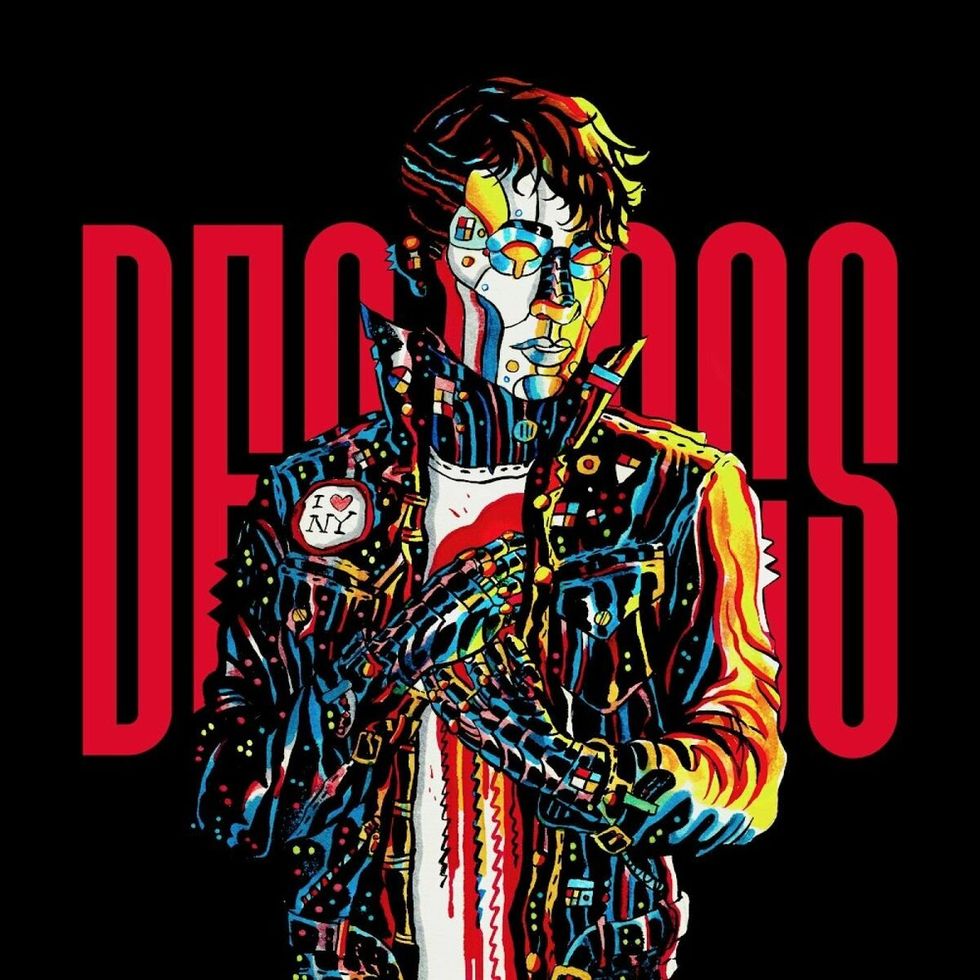
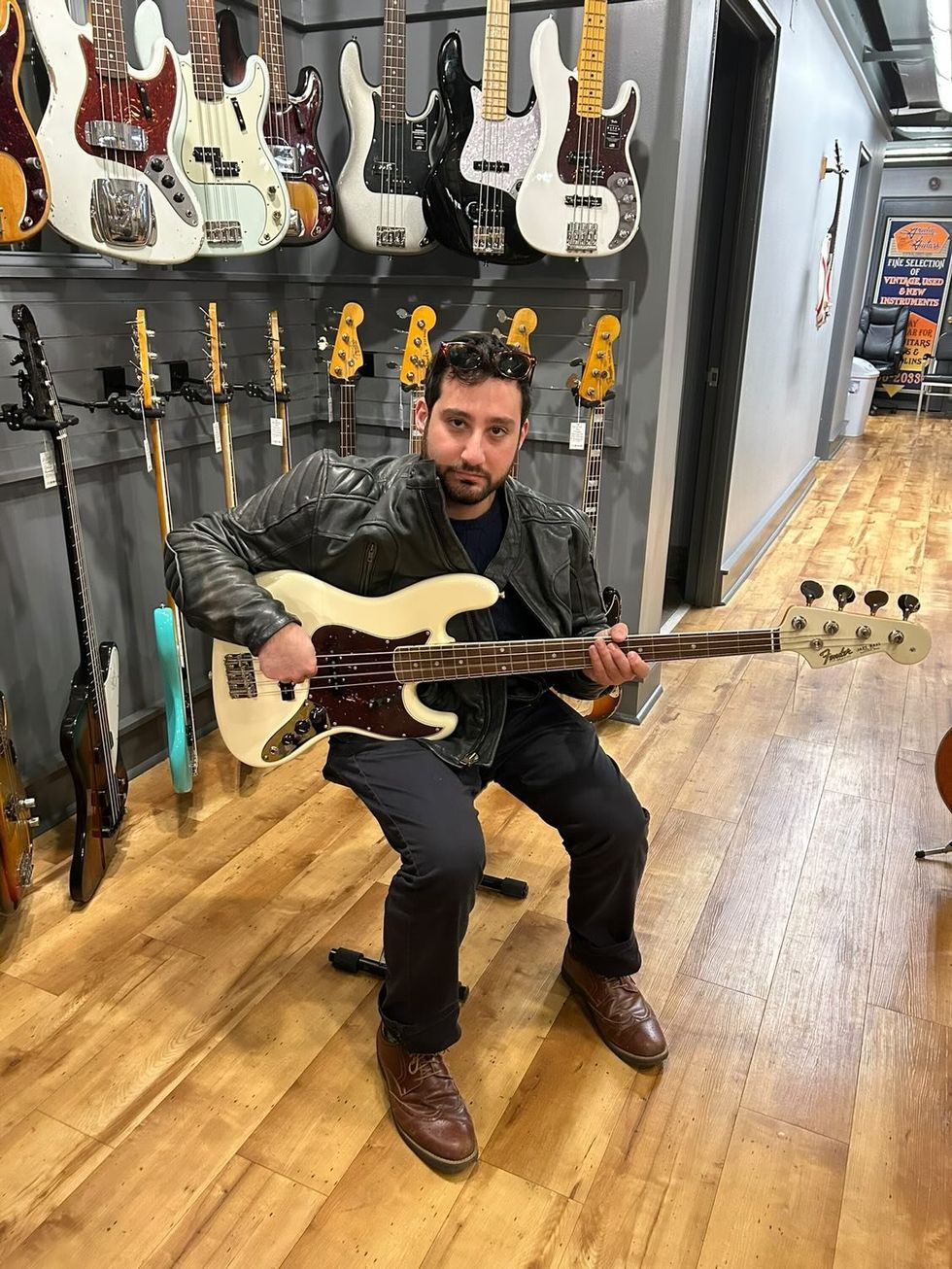
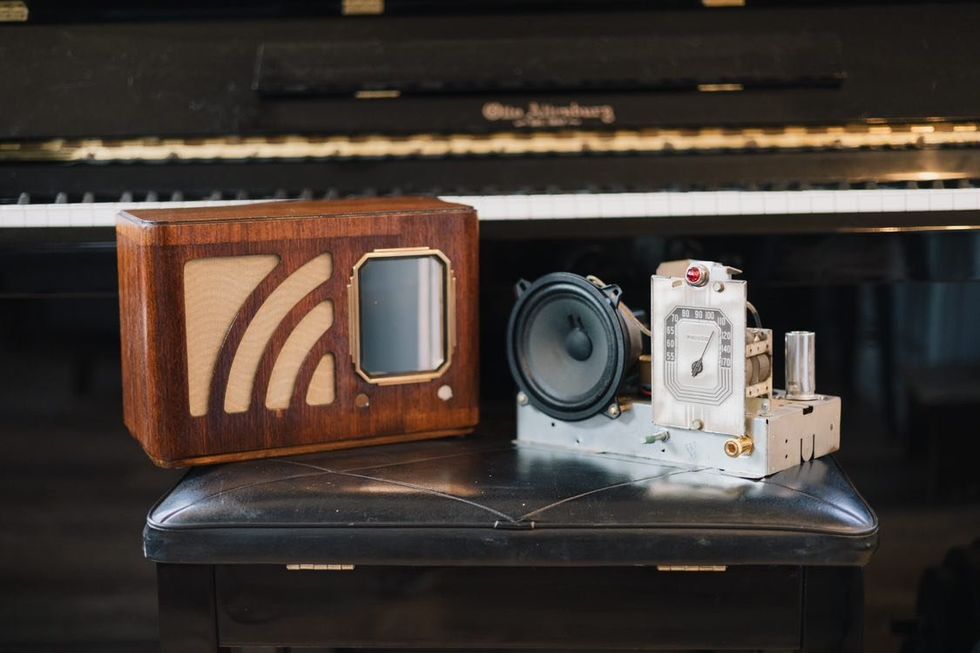

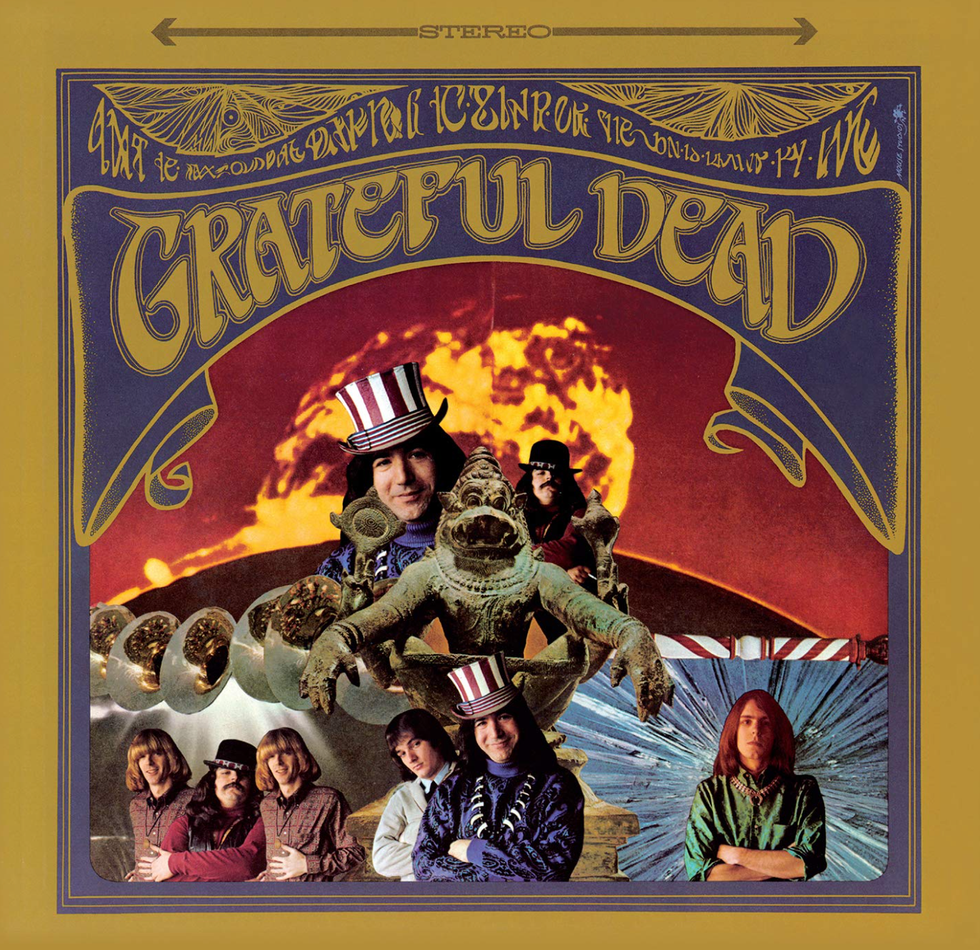

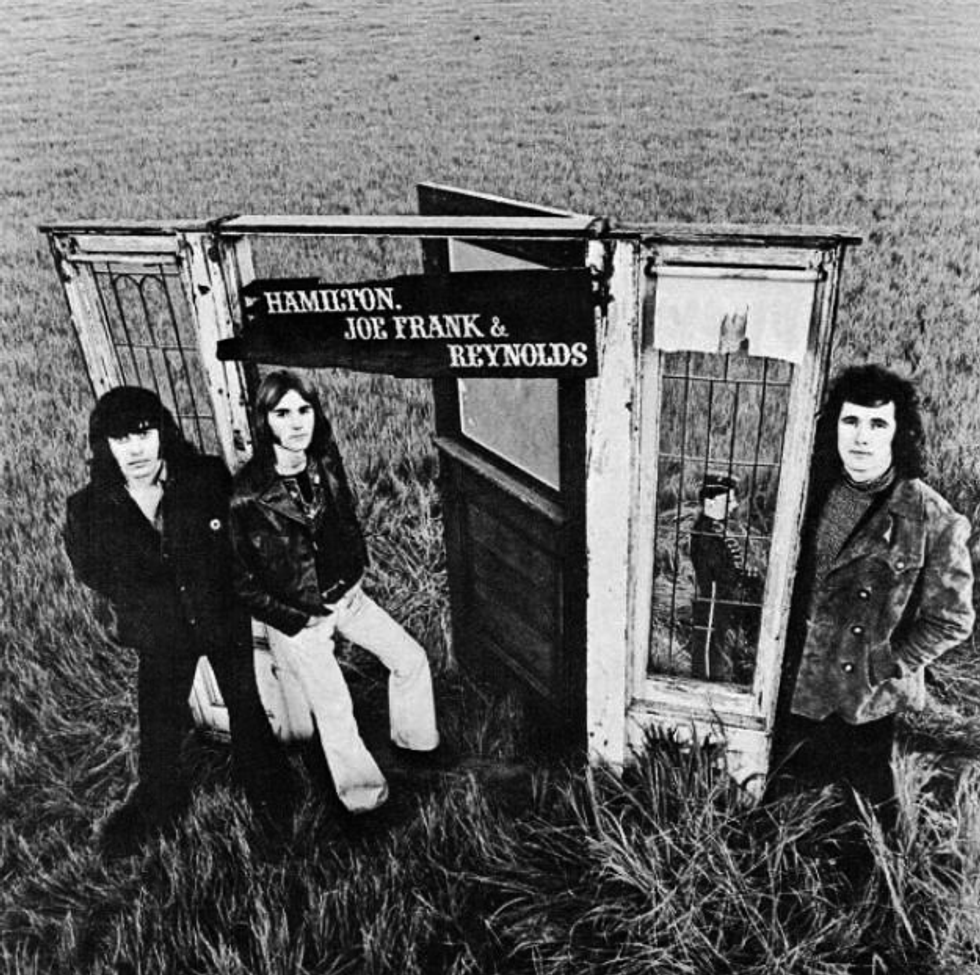
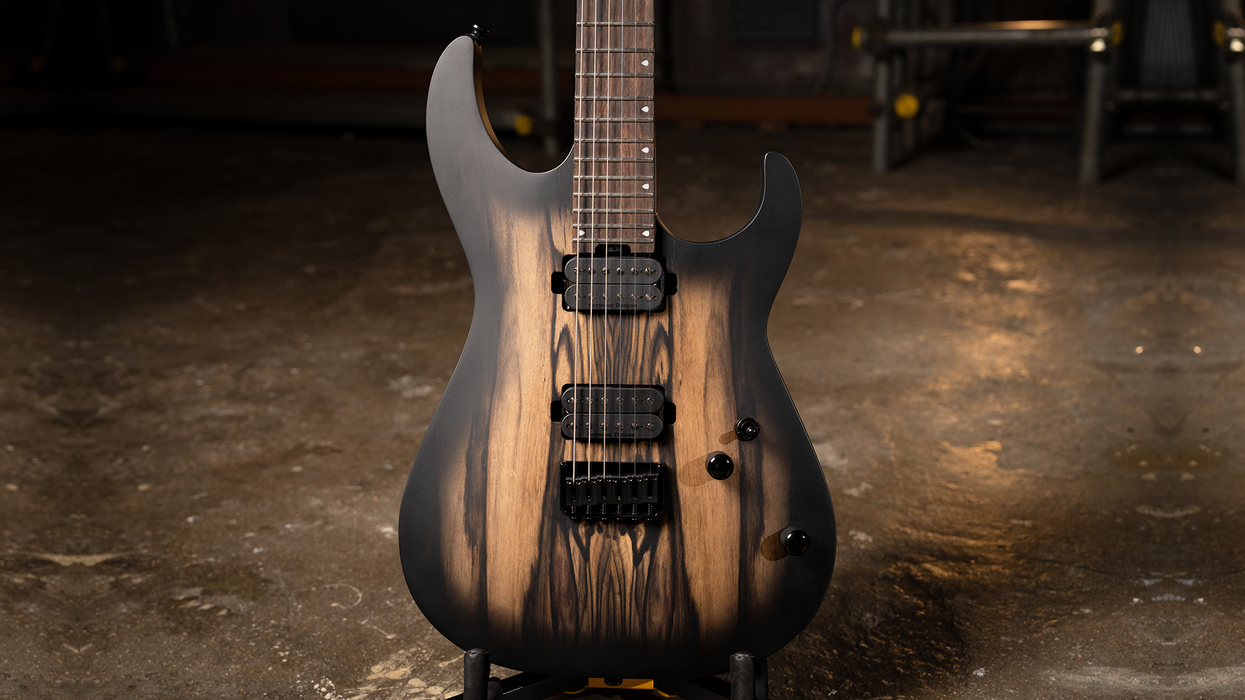

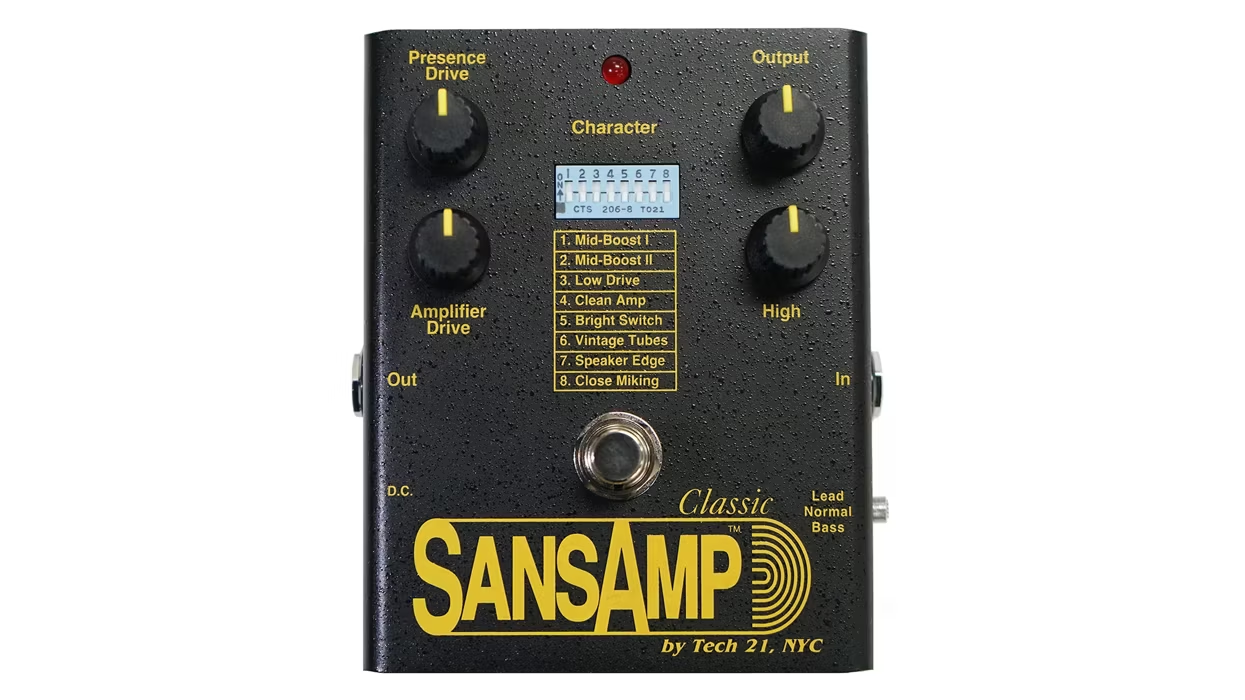
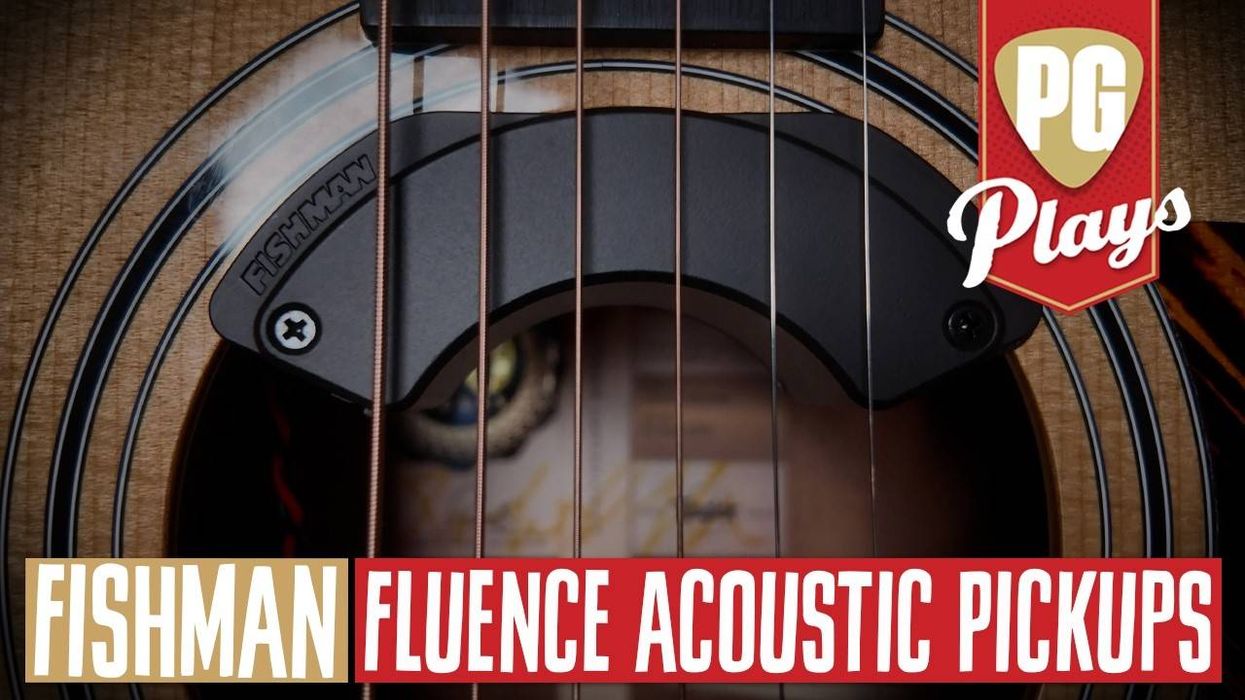
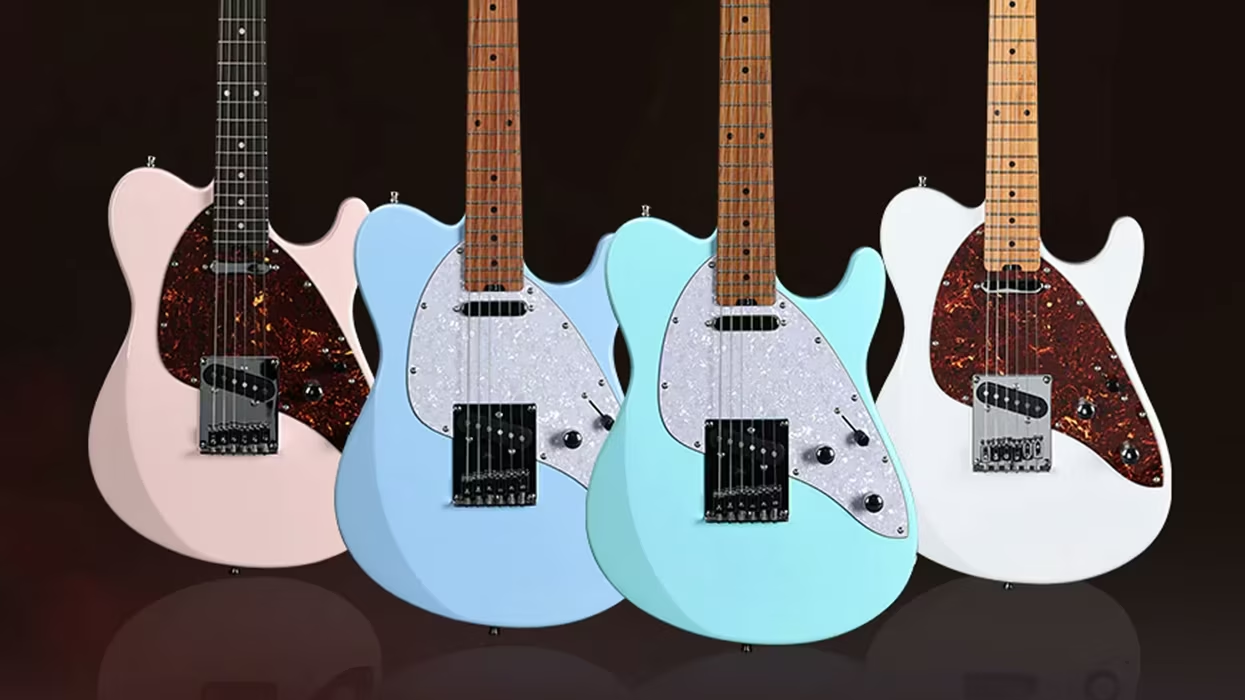
![Rig Rundown: Russian Circles’ Mike Sullivan [2025]](https://www.premierguitar.com/media-library/youtube.jpg?id=62303631&width=1245&height=700&quality=70&coordinates=0%2C0%2C0%2C0)



